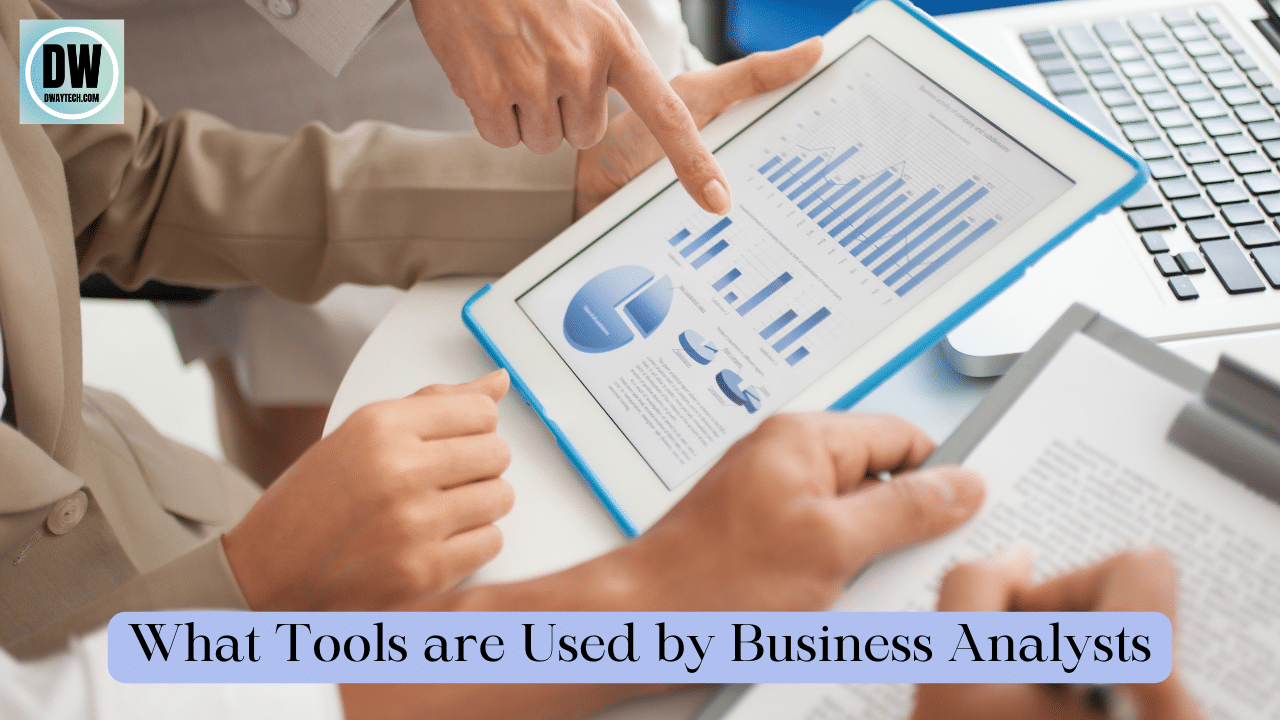Introduction
In today’s rapidly evolving business landscape, the role of a Business Analyst has become increasingly crucial. They are responsible for analyzing data, identifying business trends, and providing insights that drive informed decision-making.
To perform their tasks efficiently, Business Analysts rely on a range of tools and software applications. In this article, we will explore the various tools used by Business Analysts to excel in their roles.
Data Analysis Tools
1. Microsoft Excel
Microsoft Excel is a fundamental tool for Business Analysts. Its powerful spreadsheet capabilities allow them to organize and manipulate data, create visualizations, and perform complex calculations. Excel’s pivot tables and functions make it an indispensable resource for data analysis.
2. Tableau
Tableau is a robust data visualization tool that enables Business Analysts to create interactive and insightful dashboards. It can connect to various data sources, allowing analysts to present information in a visually compelling manner.
Business Intelligence (BI) Tools
3. Power BI
Microsoft Power BI is a leading Business Intelligence tool that empowers analysts to gather, analyze, and share business insights. It integrates seamlessly with other Microsoft products and offers advanced features like data modeling, AI-powered insights, and interactive reports.
4. QlikView
QlikView is another powerful BI tool that provides in-memory data processing, allowing for quick and efficient data analysis. Its associative model enables users to explore data relationships intuitively.
Process Modeling Tools
5. Microsoft Visio
Microsoft Visio is widely used for process modeling and diagramming. Business Analysts leverage Visio to create flowcharts, organizational charts, and other visual representations of business processes.
6. Lucidchart
Lucidchart is a cloud-based diagramming tool that offers collaborative features. It is valuable for creating process flows, wireframes, and mind maps, facilitating effective communication within teams.
Requirement Management Tools
7. Jira
Jira is a popular project management and requirement-tracking tool used by Business Analysts. It helps in capturing, prioritizing, and managing project requirements, ensuring seamless collaboration among team members.
8. Confluence
Often used in conjunction with Jira, Confluence is a documentation tool that allows for the creation of comprehensive project documentation and knowledge sharing.
Statistical Analysis Tools
9. R
R is an effective software environment and programming language for statistical computing and graphics. Business Analysts use R for advanced statistical analysis, data manipulation, and visualization.
10. SAS
SAS (Statistical Analysis System) is a comprehensive software suite used for advanced analytics, business intelligence, and data management. It provides a range of tools for data mining, predictive modeling, and statistical analysis.
Collaboration Tools
11. Slack
Slack is a popular team collaboration platform that allows Business Analysts to communicate, share files, and collaborate in real time. It enhances team productivity and fosters effective communication.
12. Microsoft Teams
Microsoft Teams provides a centralized platform for teamwork, combining chat, video conferencing, file storage, and application integration. It streamlines communication and collaboration for Business Analysts working in teams.
Conclusion
In conclusion, a variety of tools are necessary for business analysts to carry out their duties efficiently. From data analysis to process modeling, requirement management, and statistical analysis, each tool plays a vital role in enabling them to provide valuable insights to their organizations.
FAQs
-
Can I use multiple tools simultaneously as a Business Analyst?
Absolutely! Many Business Analysts use a combination of tools to leverage the strengths of each for different aspects of their work.
-
Are there any free alternatives to the paid tools mentioned?
Yes, there are open-source alternatives available for some of the tools mentioned, such as R for statistical analysis and LibreOffice Calc as an alternative to Microsoft Excel.
-
How can I learn to use these tools proficiently?
There are numerous online courses, tutorials, and certifications available for each tool. Additionally, many platforms offer free resources to help you get started.
-
Are these tools applicable to specific industries, or are they versatile?
While some tools may have industry-specific features, most of them are versatile and can be applied across various industries.
-
Is it necessary to be proficient in all these tools to excel as a Business Analyst?
It’s not necessary to be an expert in every tool, but having a good understanding of their functionalities can significantly enhance your capabilities as a Business Analyst.
Also, Useful Links:
Why Do Business Analysts Fail in Projects
What are the Most Important Business Analysts Skills Required
Business Analyst Training Course Online Request Free Demo










